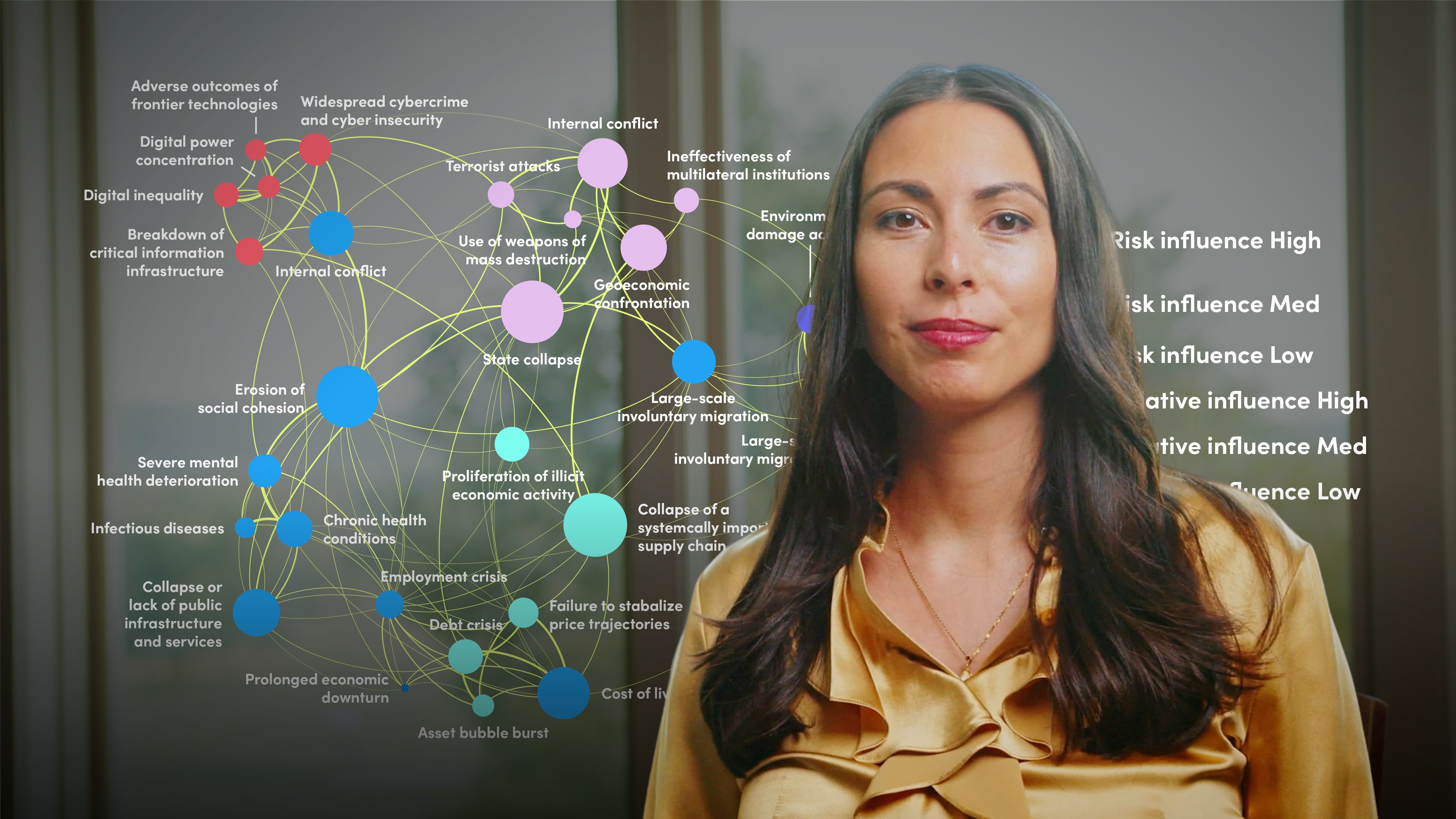
From Limits to a Thriving Future

Gaya Herrington
15 years: Sustainable Economics
In the previous videos of her pathway on the Limits to Growth, Gaya Herrington has introduced the myriad of problems created by society’s obsession with economic growth. In this video, she explores the possibility for solving these problems by taking away their root cause. She argues that humanity needs a mindset shift away from the relentless pursuit of growth to an economic system that revolves around human well-being within ecological limits. She also explores the fears associated with making such a change, as well as the potential benefits it could bring.
In the previous videos of her pathway on the Limits to Growth, Gaya Herrington has introduced the myriad of problems created by society’s obsession with economic growth. In this video, she explores the possibility for solving these problems by taking away their root cause. She argues that humanity needs a mindset shift away from the relentless pursuit of growth to an economic system that revolves around human well-being within ecological limits. She also explores the fears associated with making such a change, as well as the potential benefits it could bring.

From Limits to a Thriving Future
14 mins 24 secs
Key learning objectives:
Understand why we need a mindset shift in order to transition to sustainable world
Outline the fears associated with shifting away from the pursuit of endless growth
Understand the potential well-being benefits of re-indigenisation and growth within ecological limits
Overview:
The transition to a sustainable world begins by acknowledging that the global "polycrisis" emanates from interacting environmental, social, and governance issues. To solve this polycrisis, we have to address their root cause, which means making fundamental changes in our economic system. There are deep fears that need to be addressed around this systemic change, primarily: the fear of social unrest and the fear of exclusion. But embracing a new economic framework also offers the prospect of real societal progress, though improved well-being worldwide and environmentally sustainable prosperity.
The alternative is to change the goal of the economic system from perpetual growth to meeting human needs within ecological limits. This alternative approach can lead to a more stable and sustainable form of prosperity. Economic studies, such as those around the Easterlin paradox, demonstrate that beyond a certain point, increased income and material possessions have diminishing returns when it comes to well-being. These findings suggest that once basic needs are met, shifting focus to meet social and spiritual needs can actually improve overall well-being much more effectively. This shift towards non-material needs can have a positive impact on not just society but also the environment, because social and spiritual needs can be satisfied in various ways, depending on culture and social norms, some of which require little to no resources.

Gaya Herrington
There are no available Videos from "Gaya Herrington"

